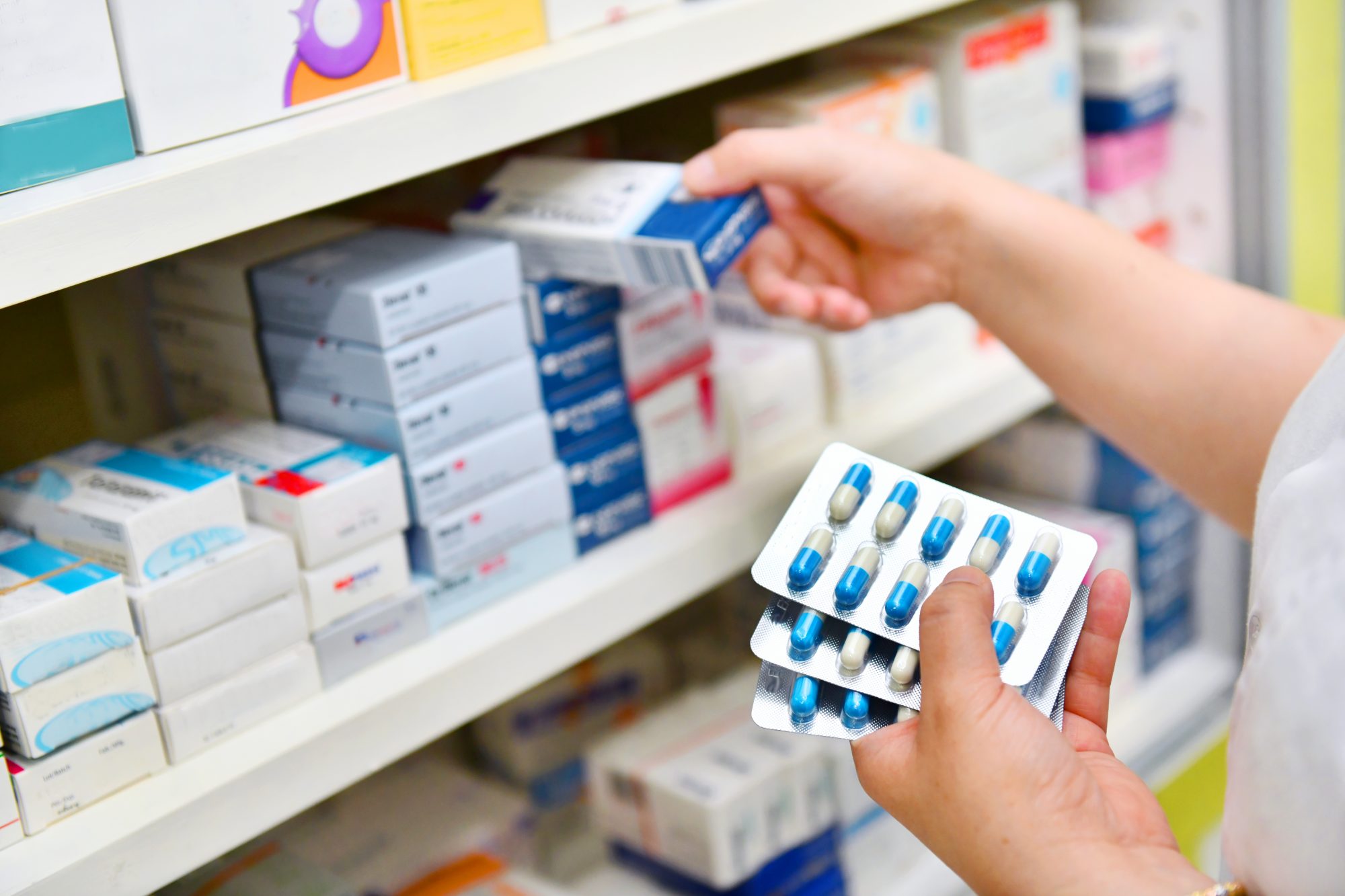Reflecting on the recent World Antimicrobial Awareness Week (WAAW 2022), it’s evident that we must continue to raise better awareness and understanding of antimicrobial resistance
Antimicrobial resistance (AMR) – which is one of the top 10 global public health threats facing humanity – occurs when microorganisms such as fungi, bacteria, viruses and parasites develop defences against antimicrobial drugs and become resistant to treatment. We are seeing a rising number of deaths each year attributed to AMR; in 2019, at least 1.27 million deaths were recorded, and it’s estimated that by 2050 this could rise to as many as 10 million annual deaths.
The use and misuse of antimicrobials
While it is natural for drug resistance to develop to some degree, the use and misuse of antimicrobials mean they’re becoming less effective. As a result, we are seeing a growing list of common infectious diseases becoming more difficult to treat and, in some cases, impossible to treat. These include tuberculosis, pneumonia, gonorrhoea, HIV, malaria, fungal infections and even some foodborne diseases, to name just a few.
Resistance to antibiotics is an area of particular concern – without effective treatment of bacterial infections, even routine operations and minor surgery such as caesarean sections or tonsillectomy may become high risk. It is an issue requiring urgent attention and a multi-industry approach across society – from the healthcare industry to policy and legislation and the agricultural sector.

How to tackle antimicrobial resistance
Innovation and investment into developing new antibiotic drugs that are effective against superbugs will remain an ongoing priority. Still, despite medicinal advancements, none are expected to be effective against the most serious forms of antibiotic-resistant bacteria. Whilst research and development are ongoing, the most important thing to do is to use the current defences wisely. The international healthcare industry urgently needs to work together to tackle antimicrobial resistance, with efforts focused on two key areas: improving education and awareness.
With low awareness of antimicrobial resistance among the general public, there is more to be done to improve understanding and promote the responsible use of antibiotics.
For example, one-third of the public believes antibiotics will treat coughs and colds. Still, digital health tools and online resources have a key role to play in increasing patient education and promoting self-care for conditions that don’t require antibiotics. Using patient engagement and messaging tools like Mjog can help practices to communicate with their patients at scale and sign-post them to trusted online guidance at peak times, such as during the winter cold and flu season. Giving patients the knowledge and reassurance to self-manage symptoms or know when to seek medical attention helps to ease pressure on primary care practitioners whilst also helping patients to avoid unnecessary consultations and misuse of antibiotics.
Online resources can also support clinician education by increasing accessibility to dedicated antimicrobial resistance training sessions. Peer-to-peer networks are also readily accessible through digital health, with professionals sharing learnings, resources and expertise more efficiently and across wider networks. At Livi, we regularly undertake an antibiotic prescribing audit to determine clinician adherence of antibiotic prescribing to NICE guidance. Findings are shared via our clinician e-newsletter and virtual clinical audit meetings reinforce best practices and communicate areas for improvement.
Better use of data
Surveillance of antibiotic resistance and consumption
Access to population health data plays a crucial role in the surveillance of antibiotic resistance and consumption, particularly at a national level, as it gives clinicians and commissioners a better understanding of prescription patterns and resistant pathogens.
During the past decade, health bodies across the globe have increased collaboration and efforts to prevent antimicrobial resistance, with many strategies and targets being implemented. To avert a global health emergency, we need to educate healthcare professionals and patients on the responsible use of antibiotics, particularly for conditions where antibiotics are inappropriate, for example, viral illness. As well as prescribing at scale and leveraging data to improve best practices in antibiotics prescription – leading to better overall health outcomes.
The WHO’s Global Antimicrobial Resistance and Use Surveillance System (GLASS), which collates and shares AMR data from across the globe, found high levels of resistance to ciprofloxacin, a broad-spectrum antibiotic sometimes required to treat UTIs. This finding is consistent with reports that antibiotics are regularly overused for UTI treatment. Informed by this data, healthcare providers can implement more appropriate strategies and guidelines for responsible antibiotic usage.
Some studies have highlighted that antibiotic prescribing rates are higher in remote consultations than during in-person. Further studies highlight the need for antibiotic prescribing improvement within out-of-hours (OOH) primary care, where GPs are mostly confronted by patients with infections. But interestingly, our data at Livi shows we prescribe fewer broad-spectrum antibiotics than the national average.
At Livi, we are very cognizant of the reputation of online providers overprescribing antibiotics, so we run regular audits of our antibiotic prescribing, in particular, focussing on the appropriate treatment of Urinary Tract Infections and tonsillitis, both conditions with traditionally high levels of incorrect prescribing. We have clear treatment guidelines which we audit against, and this continuous improvement cycle has significantly reduced inappropriate broad-spectrum prescription issues.
Education, prescribing at scale and utilising data more effectively can help to promote best practices in AMR. But to achieve this, we need better collaboration across the health ecosystem to ensure that patients get access to the right treatment, as well as enable effective planning of resources and enhance policies to improve our health security against the so-called ‘superbugs’.
Written by Dr Harriet Bradley, Medical Director at Livi











